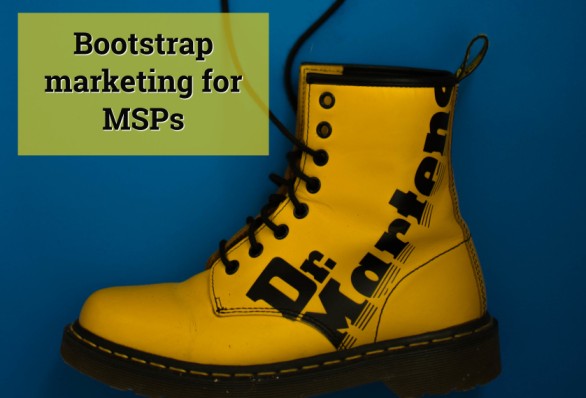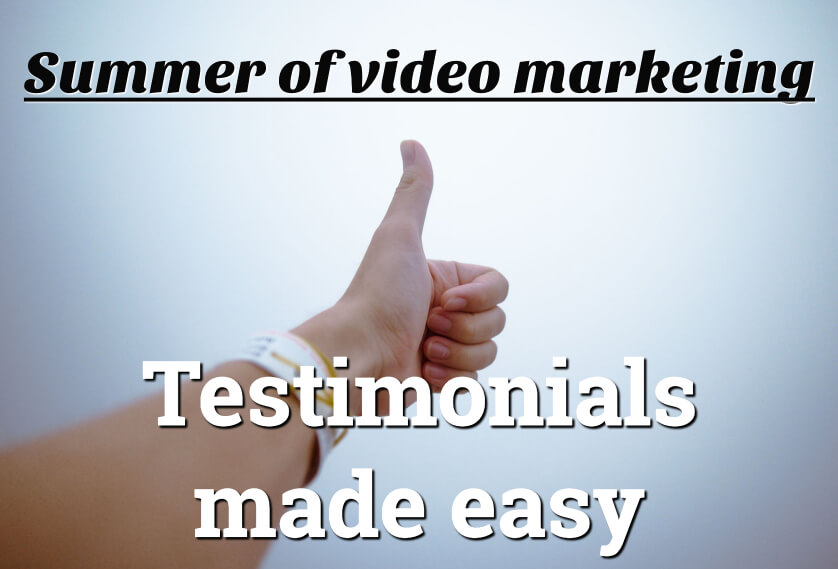Baaaaaaaaaaaaaaa.
Most people are sheep. They find comfort and security in doing what most other people are doing.
That’s because it’s hard wired into their brains to be like that.
Thousands of years ago, if you were the outsider in the pack, you were easy pickings for predators. So you conformed to social norms and did what most others did.
Today that’s not necessary to survive; but most of us still do it anyway. It’s why we respond so well to social proof.
You can demonstrate that your business is safer than other MSPs, by providing an abundance of:
Case studies
In-depth focus on one thing
Testimonials
Endorsement you control
Reviews
“Overview of experience” you don’t control
There are five types of social proof – expert, celebrity (not paid endorsements), customers, wisdom of the crowd and wisdom of friends. Combine them for maximum effect.
Case studies are the best way to overcome client fear or uncertainty, when selling something complicated or expensive.
In reality, it’s just a formal way of telling a great story. The mind responds better to stories than dry facts, because they trigger emotional responses.
The format for a great case study is:
- Set context (“this is a problem many business owners face”)
- Demonstrate relevance (“1 in 4 small business owners will have this IT problem”)
- Lay out the problem
- Poke the pain
- Present the answer (the answer is always something only an IT professional can do)
- Show a happy outcome
The best case studies come from interviewing your clients, with the outcome in mind. You decide what you want them to say, and then you ask the right questions to generate those answers.
In a written case study, you can use the general gist of what they are saying. It never has to be word perfect (quotes in newspapers never are).
Of course in a video, it’s virtually impossible to change what has been said… that’s where a professional, well-briefed interviewer will be invaluable.
Put all your case studies on your website. And consider getting them printed into mini booklets. Very inexpensive these days, and will have much greater impact when you hand one over.
Testimonials should be all over your marketing materials. Make sure they are very specific. The way you ask for them, determines what you will get.
This is a great way to ask for testimonials
“We’re always looking for more clients like you. I know it helps potential clients feel more comfortable using our support service when they see others have had positive experiences working with us. Would you mind answering three quick questions for me? It’ll take about two minutes.”
And the three questions are:
1) What was your biggest fear when considering using us? Did it come true? And if not, what happened instead?
2) What specifically was your favourite part of your experience with our service? And why?
3) If you were to recommend us to your best friend, what would you say?




